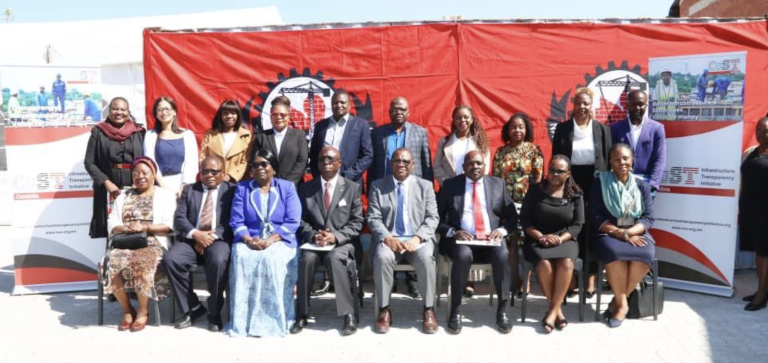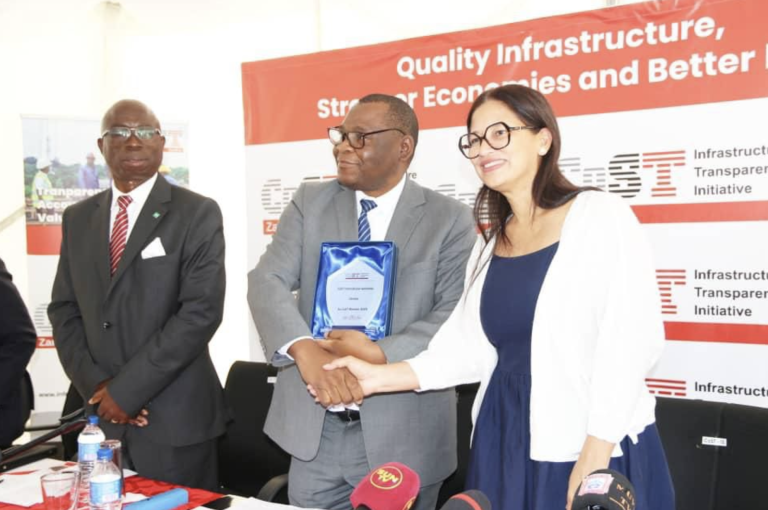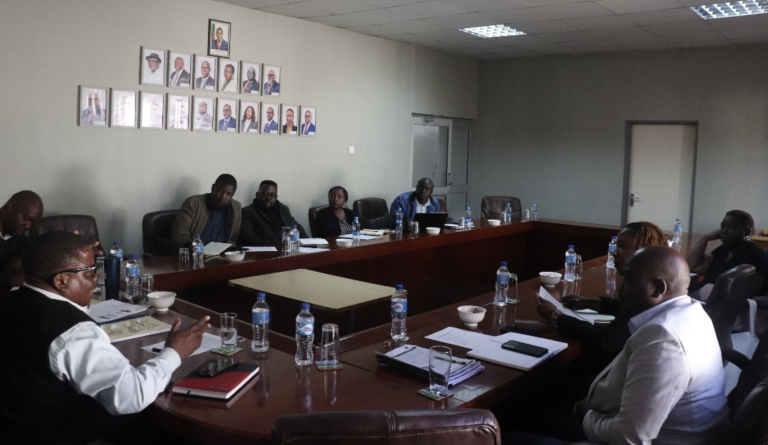Public infrastructure in context
Zambia is on a mission to attain a lower-middle-income status by 2030. To achieve this vision, the country needs to invest in a range of physical infrastructure, including transportation systems, energy production and distribution systems, water and sanitation systems, housing infrastructure, office and commercial buildings, and telecommunications installation, among others. Most of the infrastructure that Zambia needs can be considered public goods and could therefore be public-sector driven and state-funded.
The increasing demand for public infrastructure has come with other consequences, which include unethical and corrupt practices, with the International Monetary Fund (IMF) highlighting that most high-profile projects are inflated due to corruption in the country, especially at the tendering phase. The sector also suffers delays due to factors like financing difficulties and slow progress payments, power outages impacting projects, and the need for greater sustainability practices. Economic instability, high borrowing costs, and a lack of government incentives also hinder the development of the infrastructure sector.
CoST Zambia: How it all began
Zambia has gone through significant changes recently to form a solid foundation for a successful rejoining of CoST. This includes institutional policy reforms that enhance contractor capacity and technical compliance in infrastructure and a new law to regulate public procurement. Zambia’s membership application recognised the importance of infrastructure in strengthening economies and improving lives, and a commitment from the government, private sector, and civil society to enhance infrastructure transparency, accountability, and participation. The application to rejoin CoST follows a series of tests of compliance with the CoST membership criteria, which were complied with in March 2025, when the CoST Board approved the application. Zambia’s new commitments include: securing high-level political support with the Minister of Infrastructure, Housing and Urban Development as the Champion; publishing data on their projects using the CoST IDS and the OC4IDS; and working through the Multi-stakeholder working arrangement with various institutional bodies, including government, private sector, and civil society.
The launch of CoST Zambia
The launch of the CoST Zambia was held on Tuesday, June 25, 2025, officiated by Charles Milupi, MP, the Minister of Infrastructure, Housing and Urban Development, who was represented by Professor Albert Malama, the Permanent Secretary, in the presence of 88 stakeholders, with over 50 journalists. The launch event was highly popularised across the media in Zambia. Hosted and managed by the National Council for Construction, the Multi-Stakeholder Group received assurances from the NCC’s Board, the Ministry, and stakeholders to support the transparency, accountability, and participation agenda in Zambia’s infrastructure delivery sector. The Minister mentioned that Zambia’s Access to Information Law 2023 provides for the implementation of the CoST approach. “CoST is seen as a tool to operationalise the laws in the sector and will help implement the 8th National Development Plan’s good governance pillars, through data publication and use of data and constructive engagement.” During the launch, there was an emphasis that access to better services, roads, hospitals, and schools is not just planned but delivered with impact.
Multi-Stakeholder Working
CoST brings together stakeholder groups with different perspectives and backgrounds from across government, the private sector, and civil society. Through each member’s Multi-Stakeholder Group, these entities can guide the delivery of CoST and pursue infrastructure transparency and accountability within a neutral forum.
The CoST International Secretariat inducted the inaugural Multi-Stakeholder Group of CoST Zambia. The launch was preceded by a physical training on the CoST pillars, tools, and standards with members of the MSG attending in person. The Multi-Stakeholder group is convened by the National Construction Council, which affirmed the alignment of CoST principles with those of NCC.
Next steps for CoST Zambia
The main goal for 2025 is to create a data publication platform aligning with the Open Contracting for Infrastructure Data Standard (OC4IDS) and focusing on independent review and publication of projects under the Road Development Agency, Ministry of Education, Ministry of Water & Sanitation, and Ministry of Health using the CoST Infrastructure Data Standard (IDS) and the Open Contracting for Infrastructure Data Standard (OC4IDS).
Additional actions planned to improve transparency and accountability in the infrastructure sector consist of media campaigns and data publication meetings, as well as reviewing the baseline study done during the pilot phase to update the document given updated legislation, as well as new legislation that has been enacted.
To further ensure that the projects are accessible to citizens for social accountability NCC and the line Ministry as lead partners for CoST Zambia hope to learn from existing members and develop a national infrastructure projects information platform to facilitate public (oversight bodies, CSOs, citizens, private sector and media) access to and use of public infrastructure data to inform decision making and monitoring of public projects.
Get in touch
Wendy Nambule – CoST Zambia Manager
zambia@infrastructuretransparency.org
Useful Links



